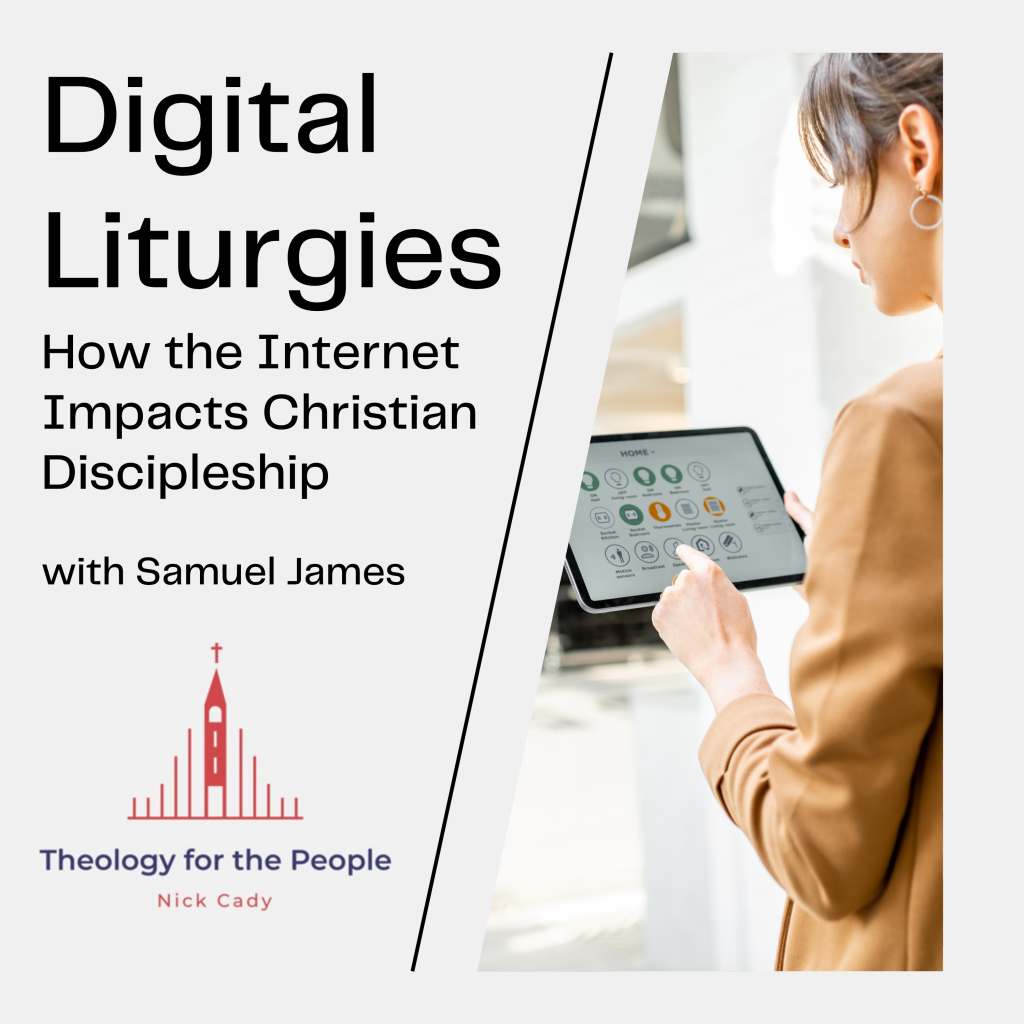
Recently I posted some things I had learned from a book I read called No Silver Bullets by Daniel Im. (Read that post here: “Inputs and Outputs for Growth and Maturity”)
Last week I was in California attending the CGN Pastors and Leaders Conference at Calvary Chapel in Costa Mesa, and Daniel Im was there speaking about some of the topics covered in his book.
By the way, recordings of the messages and panel discussions from the conference are available here. I thought the panel discussion on current issues in theology was particularly good.
One of the things Daniel wrote about in his book and talked about at the conference is the idea that discipleship is a direction, rather than a destination. While there is an ultimate destination to our discipleship: experiencing the glory of God in the fullness of His Kingdom forever, as long as we are here on this Earth, being a disciple of Jesus is about direction, not destination.
- A destination is a place you can arrive at. Once you’re there, then you’ve arrived.
- A direction implies active and sustained movement towards something.
What is the measure of maturity?
What is it that makes a Christian disciple “mature”?
Consider this: in the Bible, we read about many people who encountered Jesus, from ultra-religious pharisees to prostitutes, extortioners and even thieves.
If the measure of spiritual maturity is simply knowledge or religious observance, then it’s no question: the pharisees were more mature. They knew more about the Bible and their record of religious observance was spotless. The only problem was: the pharisees were far from God in their hearts. (Mark 7:6 – “These people honor me with their lips, but their heart is far from me).
On the other hand, you have people like Zacchaeus (Luke 19:1-10), an extortioner who hasn’t got everything in his life sorted out, but he’s changed directions and is moving towards Jesus even though he’s just now at the beginning of his journey.
Who is the greater disciple? The answer is: Zacchaeus, because he is moving towards Jesus, as opposed to the pharisee who isn’t.
The implications of viewing discipleship in this way
Viewing discipleship as direction rather than a destination has profound implications. It means that you don’t become a disciple by successfully learning a block of material or completing a discipleship workbook or 4-part class. Rather discipleship is an ongoing process.
Unlike justification, which is an outside, definitive, unchanging status that is bestowed on a believer by God, discipleship by definition implies sustained movement. So, if at one point in your life you were passionately seeking God and following Jesus, but are not currently doing so, your past discipleship doesn’t make up for your current posture. Knowledge, longevity nor familiarity equate to having “arrived” as a disciple, in other words. Discipleship is about direction.
A Case Study: the Cussing Christian
When I was pastoring in Hungary, we had a young woman come to our church. She had grown up in an atheist family and her father was a musician. She was a bohemian herself. At our church, she heard the gospel, and she received it – and immediately she began to grow and change. She was at every Bible study, taking copious notes, so hungry to know God and understand His Word and His will for her life. She was all-in, whole-heartedly following Jesus and asked to be baptized.
She also cussed like a sailor. My wife and I learned some new Hungarian words from her… You see, we were fluent in Hungarian, but being in church settings, there were certain “colorful” words, which we had never been exposed to. That all changed when this woman came around. Every Wednesday, after Bible study, there was a time for people to ask questions and then we would pray together. She would often have questions or comments, a praise report or a prayer request – and as she would speak, we’d hear her say some words which didn’t recognize, and then we’d watch as the others in the group grimaced from the words she chose to use. Quickly, we learned what those words meant.
Although we didn’t love the fact that she was using this language, we were happy to see the change in her heart and in her life and her obvious love for Jesus. This was how she had talked before she came to know the Lord, and we trusted that the Holy Spirit would do the work of sanctification, and as she followed Jesus, she would be transformed in every area, including this one.
One day a middle-aged woman from the church approached me. She was angry that we allowed this woman to come to our church and be baptized, considering that she used foul language. This middle-aged woman had been raised in a Christian home, but had a penchant for gossiping about others and slandering them. Unlike with the young woman, I had not witnessed any of the fruits of the spirit in this middle-aged woman’s life, but instead had distinctly seen judgmental and legalistic tendencies.
Which of these two women was the greater disciple? Clearly the older woman knew more about the Bible and had been a Christian longer, but if discipleship is a direction, then the answer is: the younger woman.
What direction are you moving in?
If discipleship is about active, sustained direction, what direction are you moving in? Have you perhaps stagnated?
The good news is, you can change direction. That’s what the word “repentance” means: to change direction.
That was, after all, the first message Jesus preached: “repent, for the Kingdom of Heaven is at hand.” Change directions, whatever you’ve been pursuing, running after – instead, change directions and follow me.










